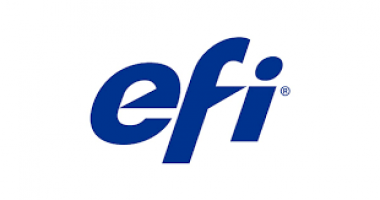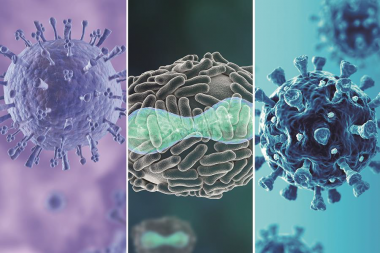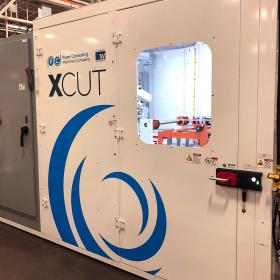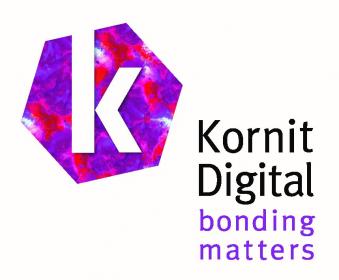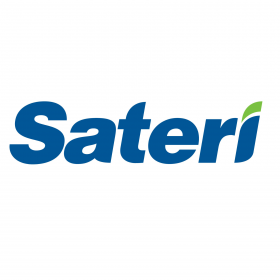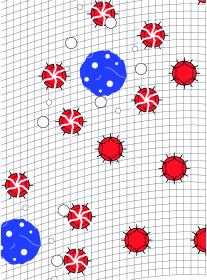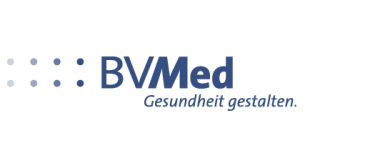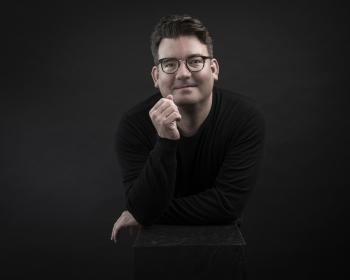Tonello at DenimsandJeans Virtual Show
“When it comes to working on new developments, we always start from new ideas and the constant research that starts from a concept that becomes reality, by increasingly raising the bar of sustainability” said Alice Tonello, R&D and Marketing Director of Tonello. “The research for technologies and solutions have always been part of our DNA, is a daily commitment to the environment, the market, our people and all human beings with their needs. Based on this vision, two revolutionary patent-pending process, are born, Wake and OBleach, that allow to create incredible and totally responsible effects on garments” continued Alice Tonello.
This is how The Laundry (R)Evolution was born: a radically new conception thought to simplify and optimize the entire garment finishing process.
It involves only 2 technologies in the entire finishing cycle, reducing waste and optimizing resources: LaserBlaze, and The All-in-One-System. Metro is used, a software that processes real data, in real time to check all laundry consumption, optimizing processing times and improving performance.
The All-in-One System performs all washing operations by integrating 4 sustainable technologies into a single machine: ECOfree 2, which uses ozone in both the water and air; NoStone® for authentic and pumice-free stone-wash effects; UP, for washing processes with at least 50% less water; Core, a nebulizing system improving performance and reducing water consumption.
In terms of effects, the latest results of the Laundry (R)evolution are OBleach and Wake.
OBleach is the new Tonello patent-pending process which, by using only ozone, “returns to the future” with an authentic, sustainable and cool Bleach.
Wake is the first totally natural dyeing system. In fact, it uses only plants and vegetable waste, organic items like flowers, berries and roots left to dry and infuse, without harmful chemicals additives.
Tonello will be live during DenimsandJeans Virtual Show on October 14th and 15th.
EFFE-BI SRL PR & COMMUNICATION






